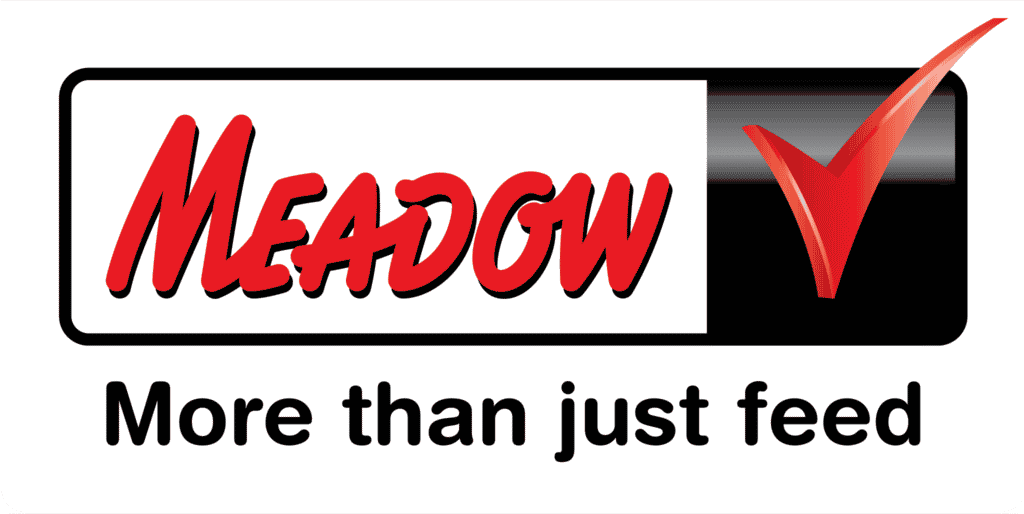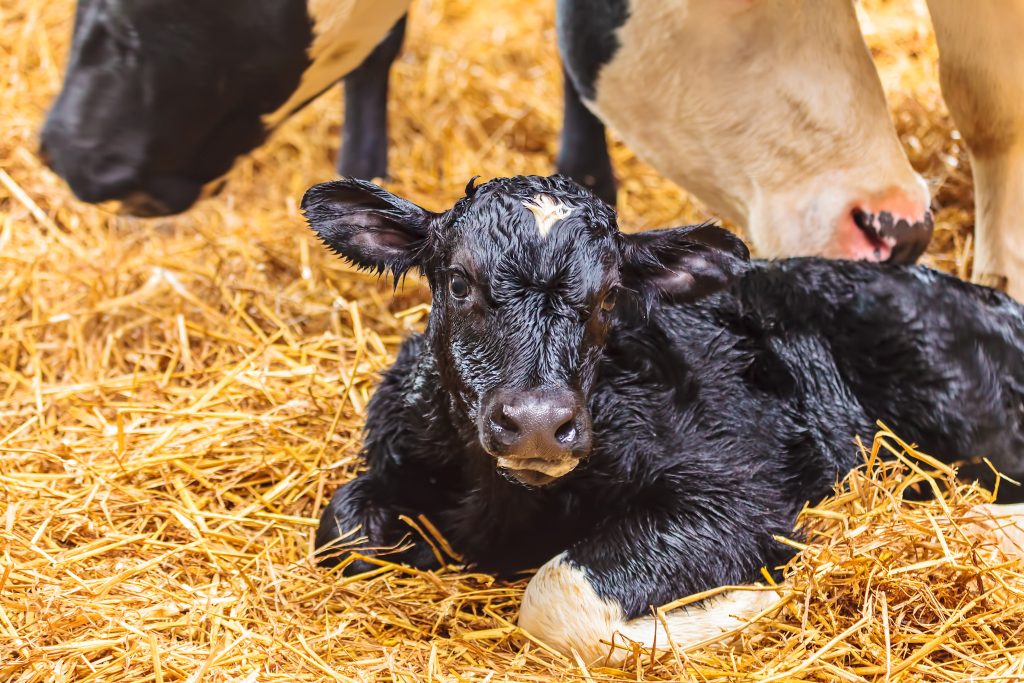Fertility is the cornerstone of sustainable dairy production. While various factors influence dairy cows’ fertility, nutrition emerges as a critical determinant, intricately linked with oocyte development. Understanding the relationship between nutrition and oocyte development (the process leading to the formation of viable eggs) is vital for optimising fertility outcomes in dairy herds. In this article we will be unraveling the impact on oocyte development.
For a cow to be classified as fertile, she needs to successfully establish a pregnancy, calve down, and reconceive in the shortest possible time. This will effectively determine her fate in the herd. A fertile cow should be able to supply a strong viable follicle and oocyte, as well as an embryo-friendly uterus environment.
Negative energy balance – the ‘fertility killer’
Oocyte development is profoundly influenced by the nutritional status of dairy cows. When the fresh cow falls into a deep negative energy balance between supply and demand of energy, fat tissue is broken down (lipolysis). Excessive lipolysis leads to elevated levels of non-esterified fatty acids (NEFA) in the bloodstream. High levels of NEFA lead to impaired insulin and insulinlike growth factor (IGF) secretion and disruptive glucose metabolism. The IGF plays a crucial role in stimulating follicular growth, oocyte
quality, and oocyte survivability. Furthermore, it also modulates steroidogenesis and hormone production needed to establish ovulation and pregnancy.
The role of nutrients
Essential nutrients such as proteins, vitamins, minerals, and energy sources play pivotal roles in this intricate process.
Protein quality and quantity:
Proteins are essential for oocyte development, serving as building blocks for cellular structures and regulatory molecules. However, excessive amounts of nitrogen and poor nitrogen utilisation can lead to high blood urea levels and can alter uterine pH. This will disrupt uterine environment and function, which will ultimately lead to impaired embryo development and attachment. Dairy cows require a balanced intake of amino acids, especially methionine and lysine, to support embryo elongation and development necessary for attachment to the uterine wall.
Energy balance:
Maintaining an optimal energy balance is crucial to support the metabolic demands of oocyte development. Energy-dense diets rich in carbohydrates and fats provide the necessary fuel for follicular growth and steroidogenesis, essential processes in oocyte maturation. Conversely, energy deficits or excesses can disrupt ovarian function, impairing oocyte quality and reproductive performance. Carbohydrate intake will stimulate insulin secretion, which plays a crucial role in oocyte development and regulates follicular growth. Feeding carbohydrates with a high rumen-degradable protein diet will improve nitrogen utilisation in efficient microbial protein synthesis in the rumen – supplying the cow with
the needed amino acids.
Mineral and vitamin nutrition:
Micronutrients such as minerals and vitamins exert profound effects on oocyte development through their roles as cofactors and antioxidants. Calcium, phosphorus, magnesium, and trace minerals like selenium and zinc are essential for follicular growth, hormone synthesis, and antioxidative defense mechanisms. Likewise, vitamins A, D, E, and B-complex vitamins modulate various aspects of ovarian function, influencing oocyte quality and fertilisation potential.
Conclusion
In conclusion, effective nutritional management strategies are essential for optimising fertility outcomes in dairy herds. Balanced ration formulations to meet the specific nutritional requirements of lactating cows during different stages of the reproductive cycle are paramount. Precision feeding approaches, accompanied with regular monitoring and adjustment, can help mitigate nutritional imbalances and enhance oocyte development. As research continues to unravel the complexities of the relationship between nutrition and fertility, informed nutritional strategies will remain pivotal in fostering reproductive success in dairy cows.
Click here to view the Meadow Feeds dairy product range.




